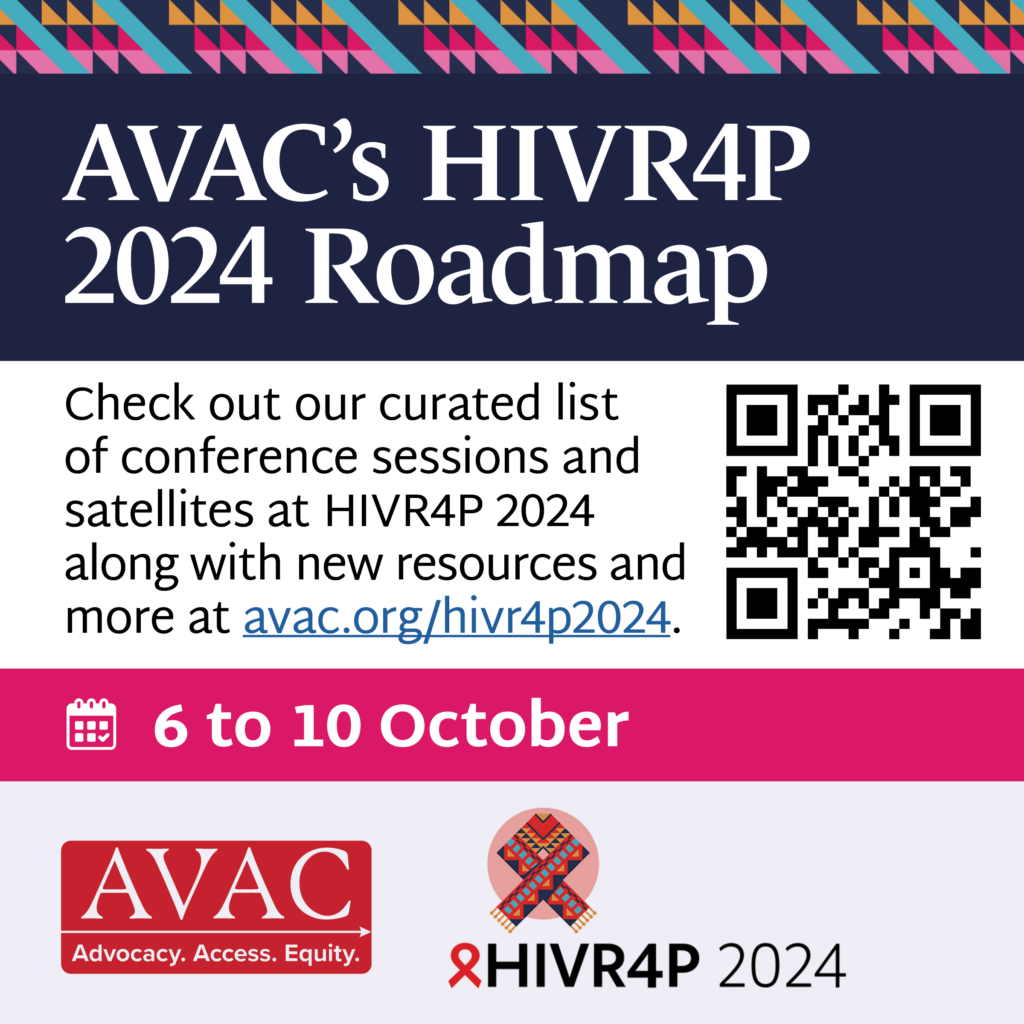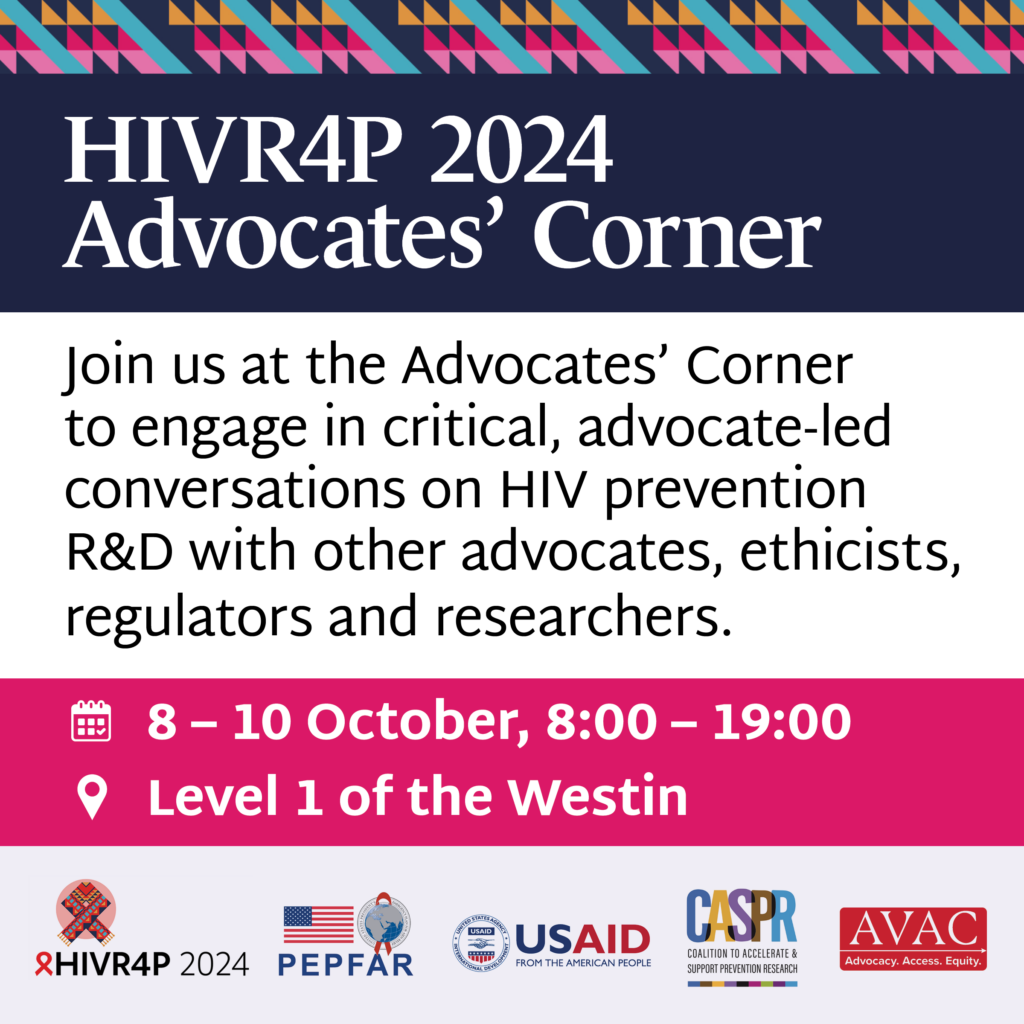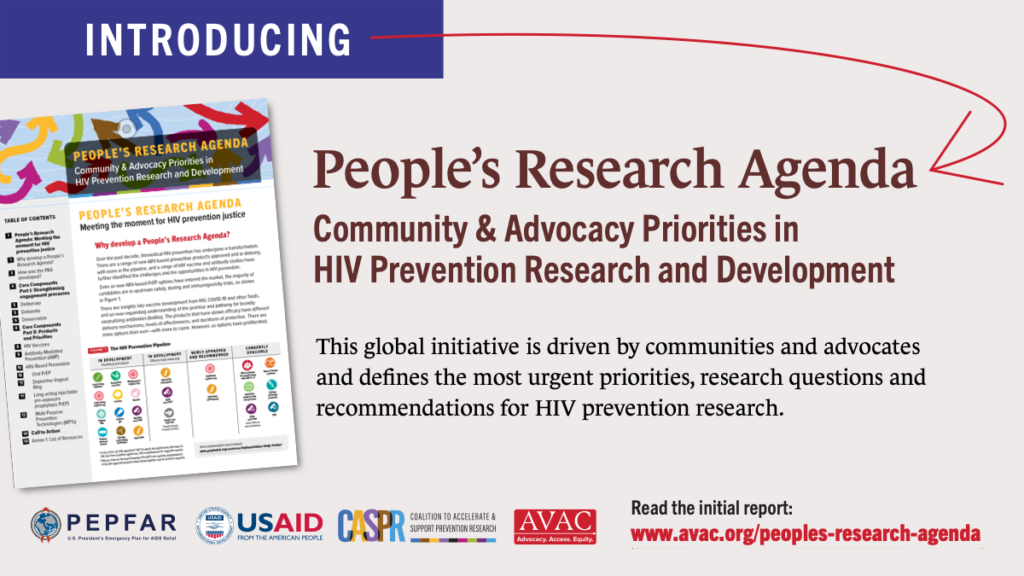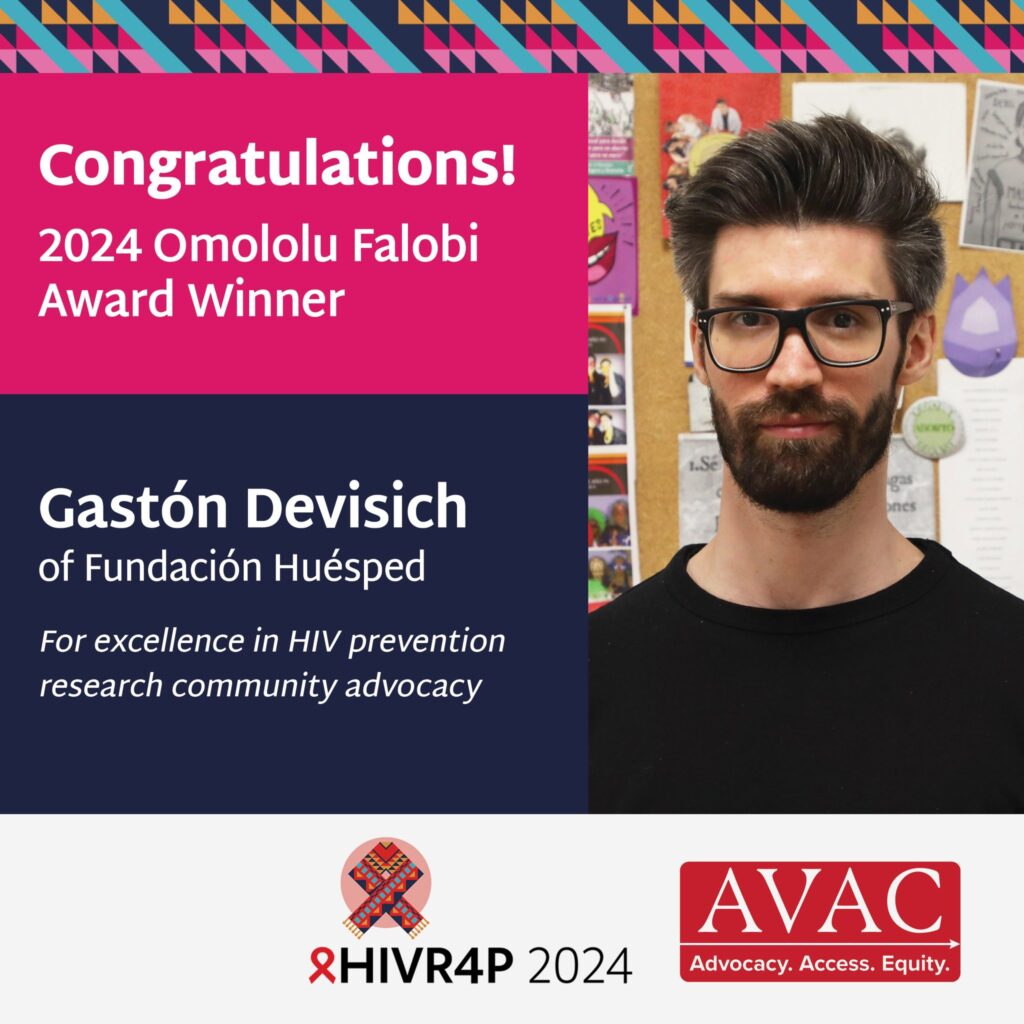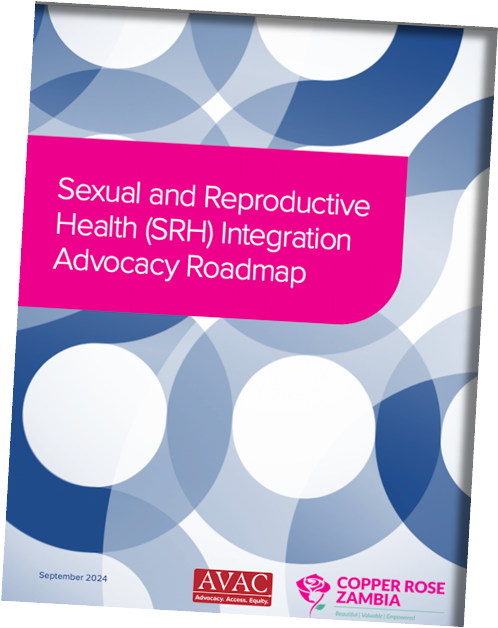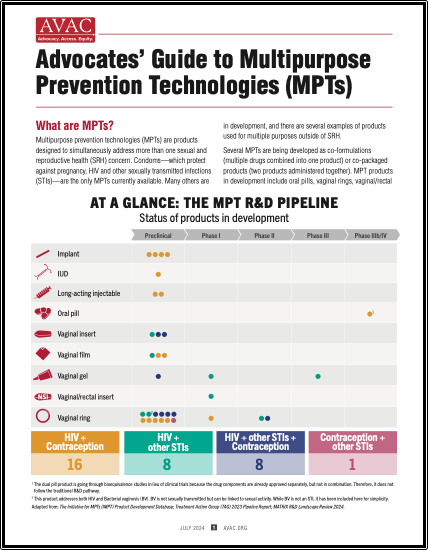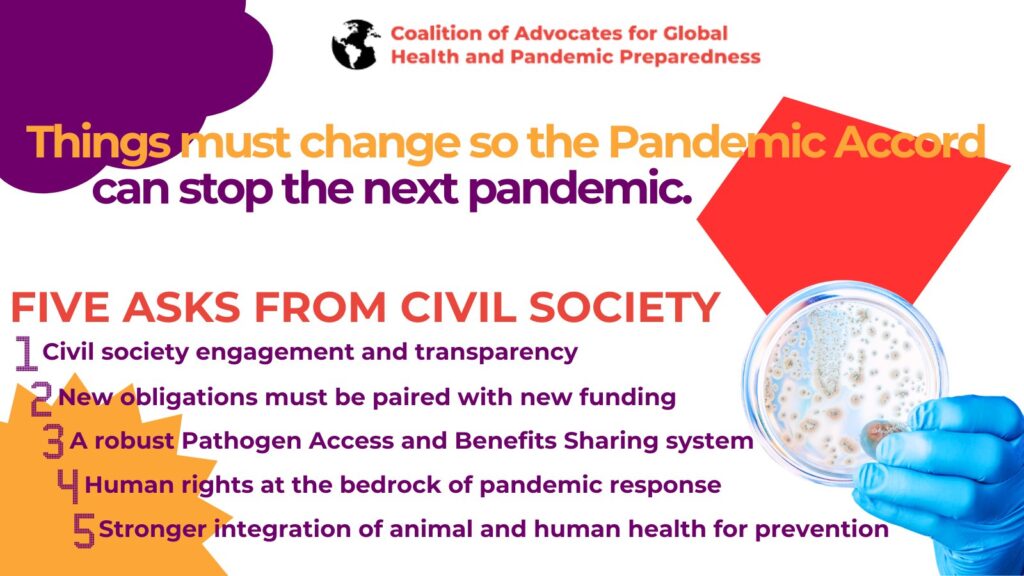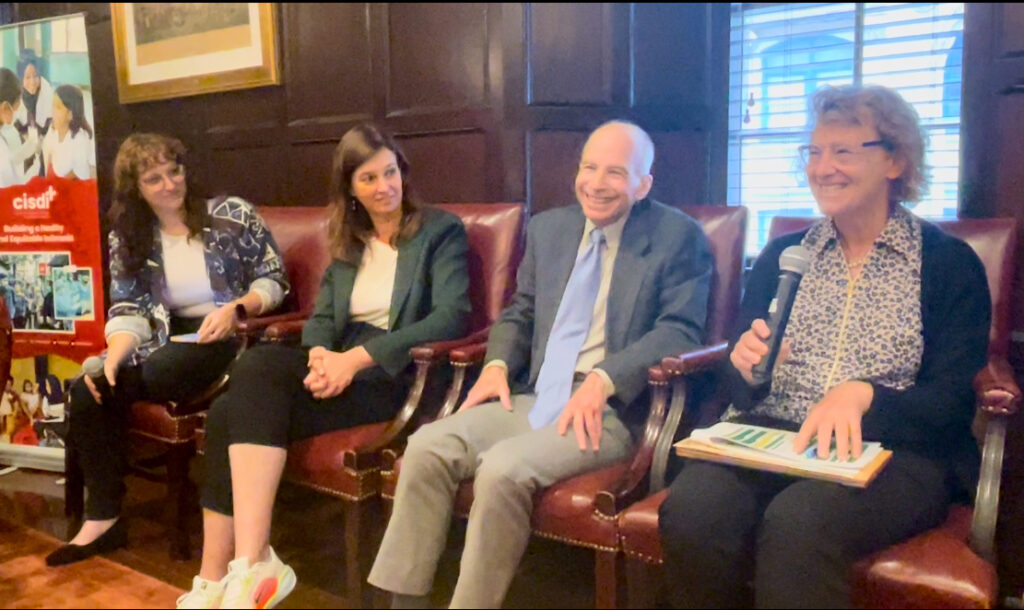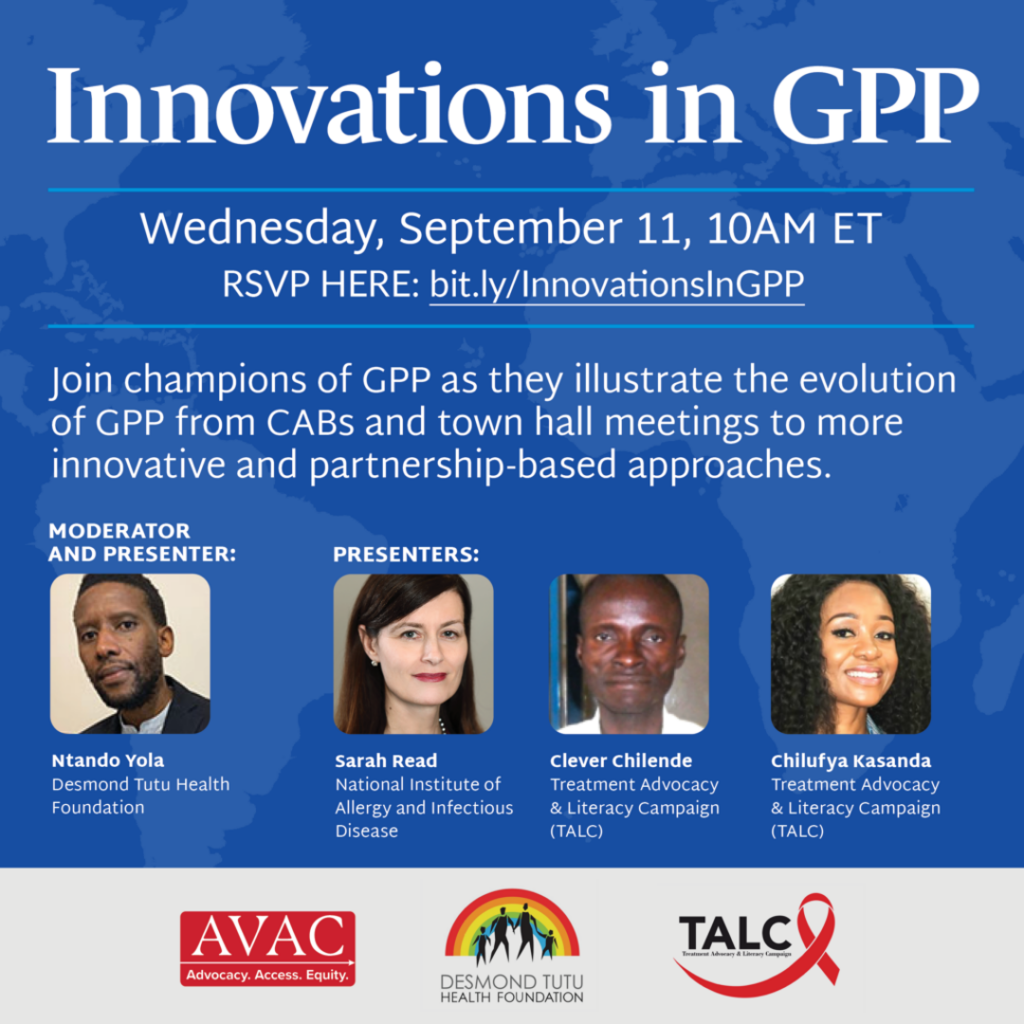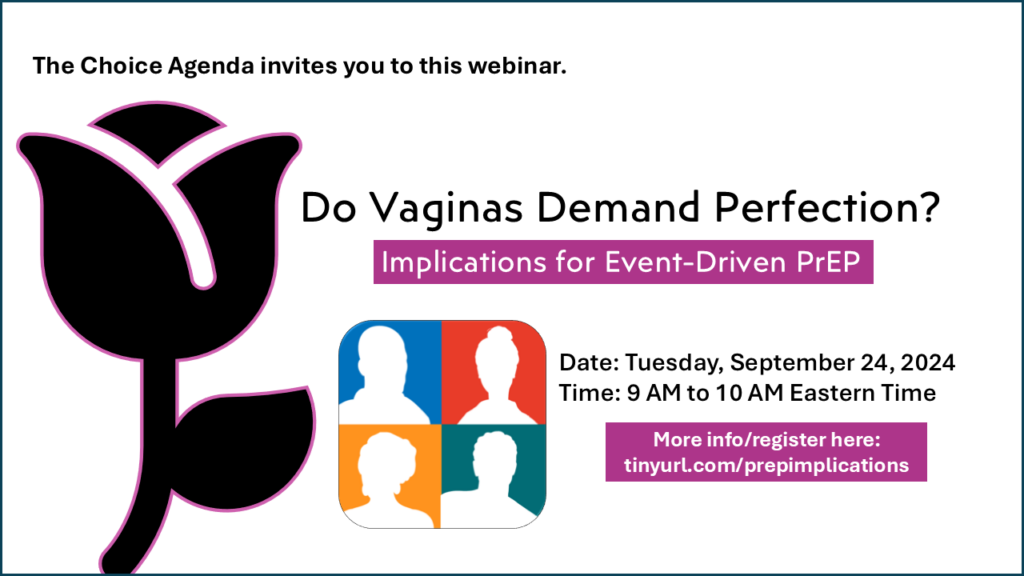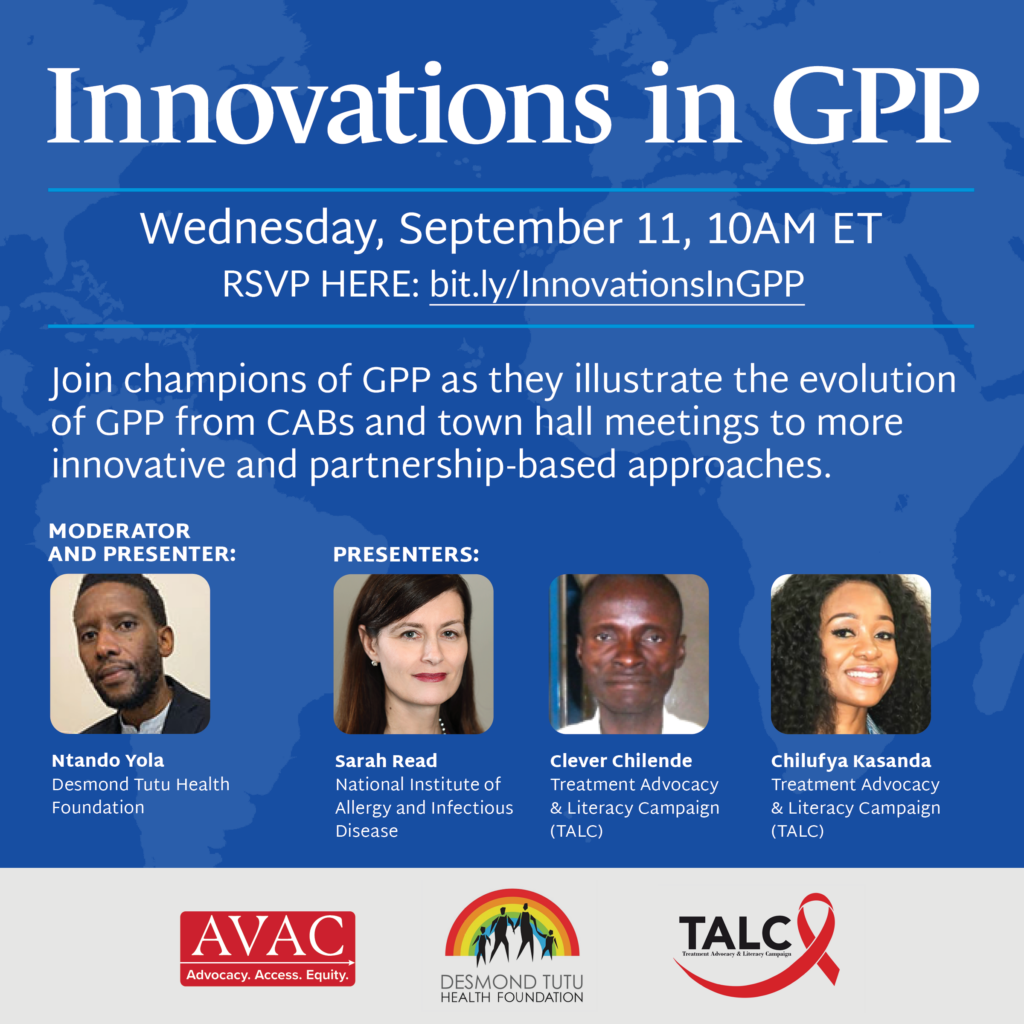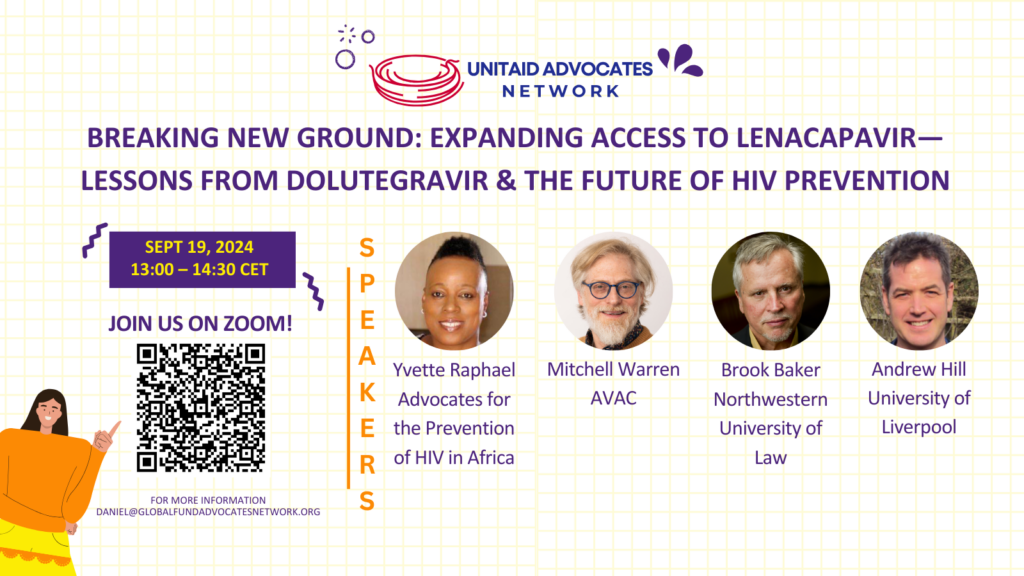AVAC’s round-up of resources, updates and insights this week includes highlights from HIVR4P, a new vision for an inclusive prevention pipeline, shaping policy and more!
HIVR4P 2024 conference highlights and recap
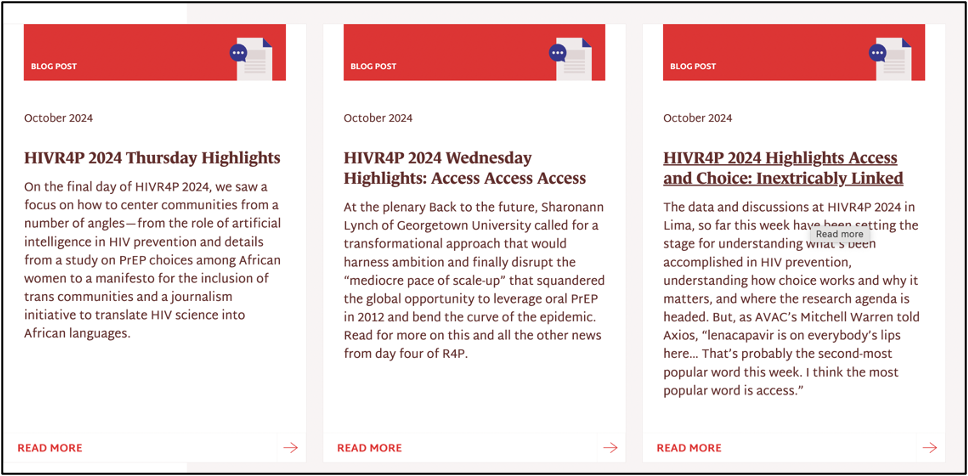
The 5th HIV Research for Prevention (R4P) conference was held last week in Lima, Peru. The data and discussions centered on accomplishments in HIV prevention, how far the field remains from reaching targets, understanding how choice works and why it matters, and where the research agenda is headed. As AVAC’s Mitchell Warren told Axios, “lenacapavir is on everybody’s lips here at HIVR4P 2024. That’s probably the second-most popular word this week; I think the most popular word is access.
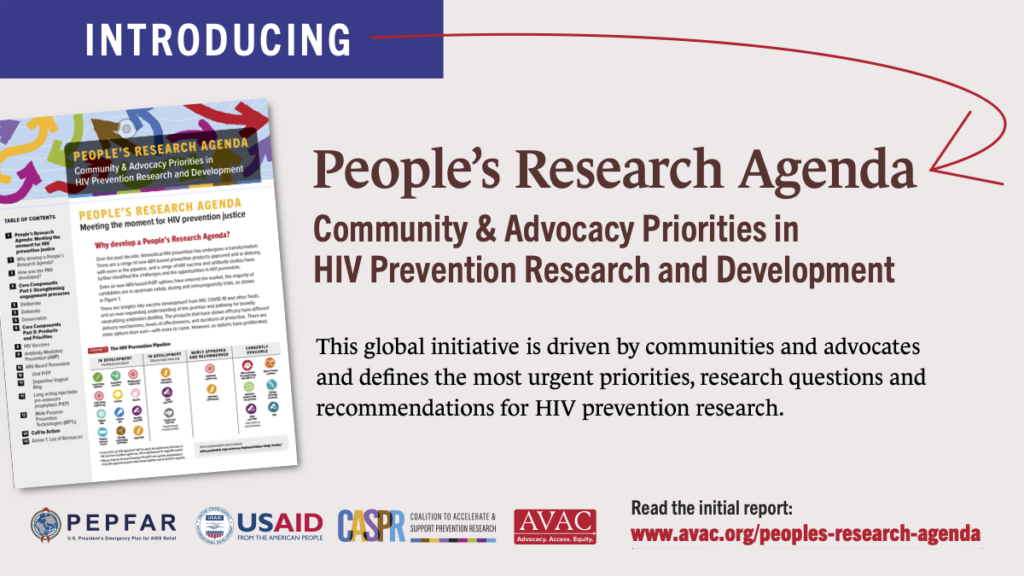
Partners and AVAC launched The People’s Research Agenda (PRA), a global initiative driven by communities and advocates to envision an inclusive HIV prevention pipeline and ensure the voices of those most affected by HIV are integrated into HIV prevention research and development.
Media Highlights
- Access questions hang over Gilead’s HIV shot, Axios
- What Inspired Me Was to Provide Solutions to People’ – HIV Prevention Advocate Idah Mulala, All Africa
- Argentinian Advocate Gastón Devisich Wins 2024 Omololu Falobi Award at HIVR4P Conference in Lima, Heap News
Shaping policy, centering people
AVAC’s Suraj Madoori Joins Developed Country NGO Delegation (DelDev)
Policy Director, Suraj Madoori is one of four new members to join DevDel, one of the 20 voting delegations to the Board of the Global Fund to fight AIDS, Tuberculosis and Malaria. DevDel plays a critical role in the development and evolution of organizational strategy, the funding model, the work of the Secretariat and policy.
AVAC’s Jessica Salzwedel Talks Community Engagement with National Co-ordinating Centre for Public Engagement
In a mini series on community engagement, the National Co-ordinating Centre for Public Engagement interviewed AVAC’s Jessica Salzwedel, Senior Program Manager of Research Engagement on what centering communities truly means.
